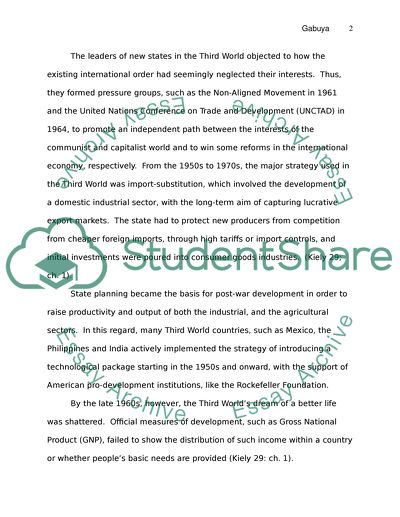Cite this document
(“Globalisation and Mass Media (Media Relations) Essay”, n.d.)
Globalisation and Mass Media (Media Relations) Essay. Retrieved from https://studentshare.org/miscellaneous/1513523-globalisation-and-mass-media-media-relations
Globalisation and Mass Media (Media Relations) Essay. Retrieved from https://studentshare.org/miscellaneous/1513523-globalisation-and-mass-media-media-relations
(Globalisation and Mass Media (Media Relations) Essay)
Globalisation and Mass Media (Media Relations) Essay. https://studentshare.org/miscellaneous/1513523-globalisation-and-mass-media-media-relations.
Globalisation and Mass Media (Media Relations) Essay. https://studentshare.org/miscellaneous/1513523-globalisation-and-mass-media-media-relations.
“Globalisation and Mass Media (Media Relations) Essay”, n.d. https://studentshare.org/miscellaneous/1513523-globalisation-and-mass-media-media-relations.


